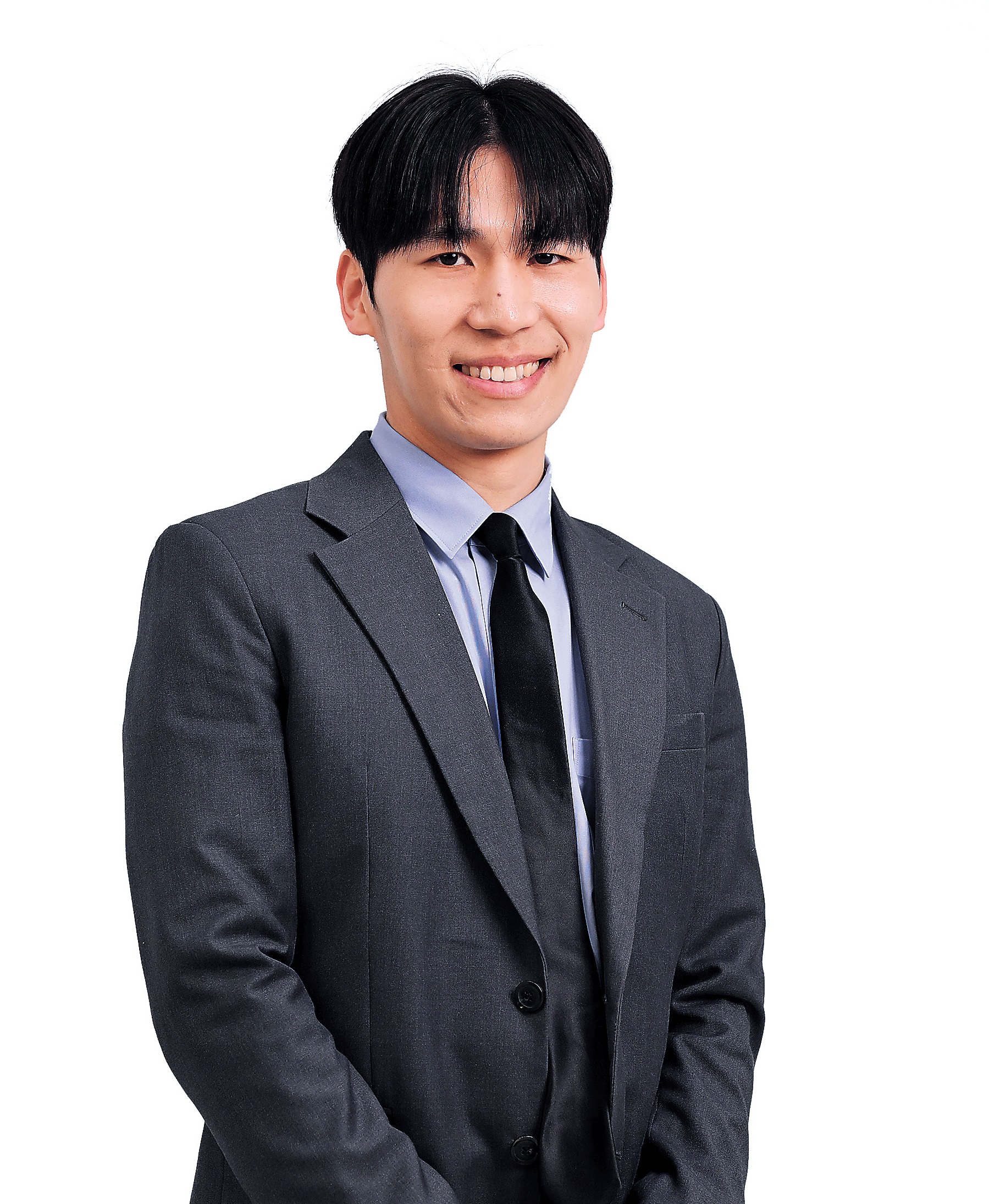Loanword-laden apartment names become lengthy, bizarre
Outlandish apartment names encounter regulatory restrictions as they prioritize extravagance over practicality
By No Kyung-minPublished : April 29, 2024 - 11:23
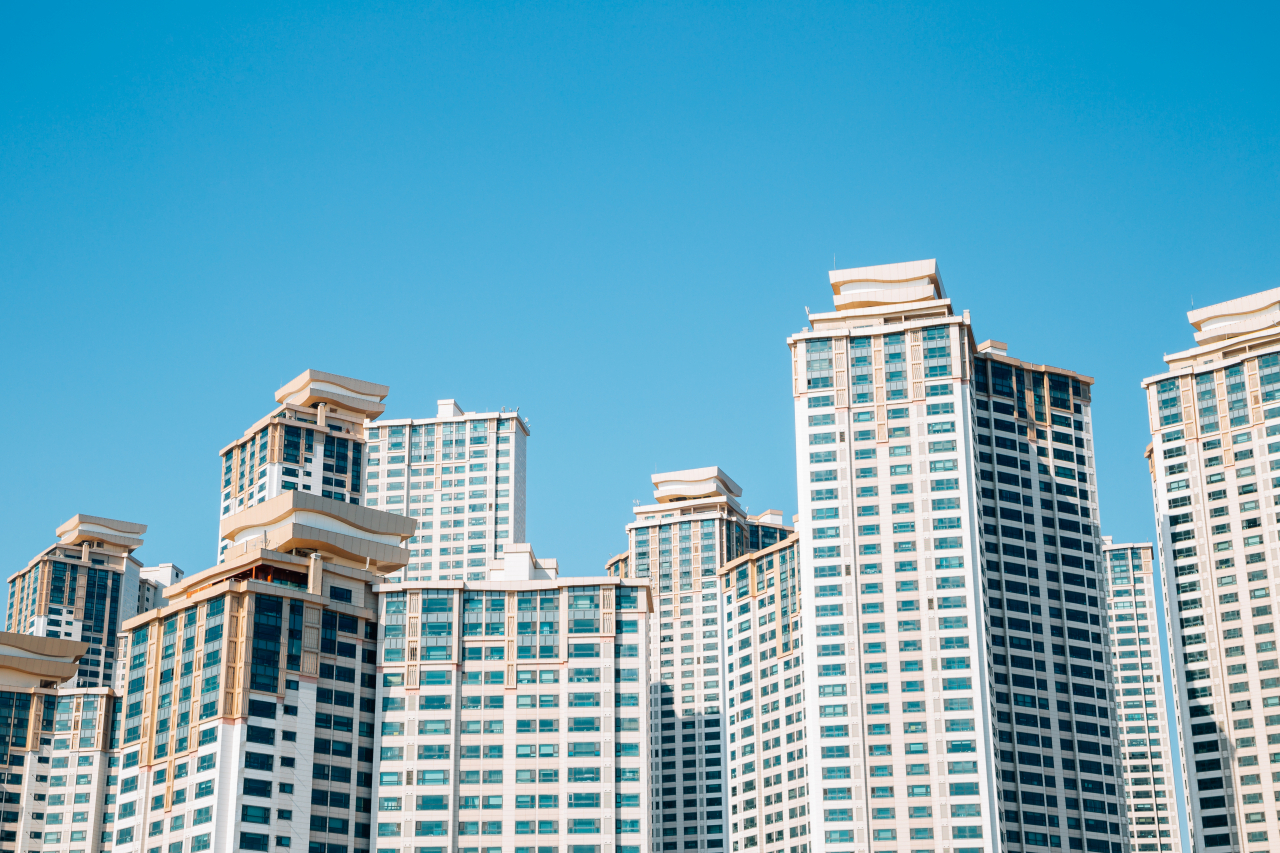
Last November, a three-decade-old apartment complex in Gaepo-dong, Seoul, welcomed new residents with a new identity after being rebuilt: "Di-e-i-chi-peo-seu-ti-eo-a-i-pa-keu" in Korean, or "The H Firstier Ipark" in English. Previously, it was more simply called Gaepo Jugong.
This 12-syllable new name, however, falls short of claiming the throne for the longest in the city, let alone the nation.
The nation’s longest-named apartment complex, located in Paju, Gyeonggi Province, is 25 syllables: "cho-rong-kkoch-ma-eul-yook-dan-ji-ji-ti-ek-seu-un-jeong-yeok-geum-gang-pen-te-li-um-sen-teu-reol-pa-keu.”
"I don't understand why apartment names nowadays need to be so lengthy and complex," grumbled Lee Min-ha, a Seoul resident in her 20s, questioning whether the prolonged and foreign-sounding apartment names effectively create a premium tone for residences.
"To me, they appear to pack in excessive information, overly prioritizing linguistic aesthetics as if employing foreign languages guarantees them a prestigious image," she added.
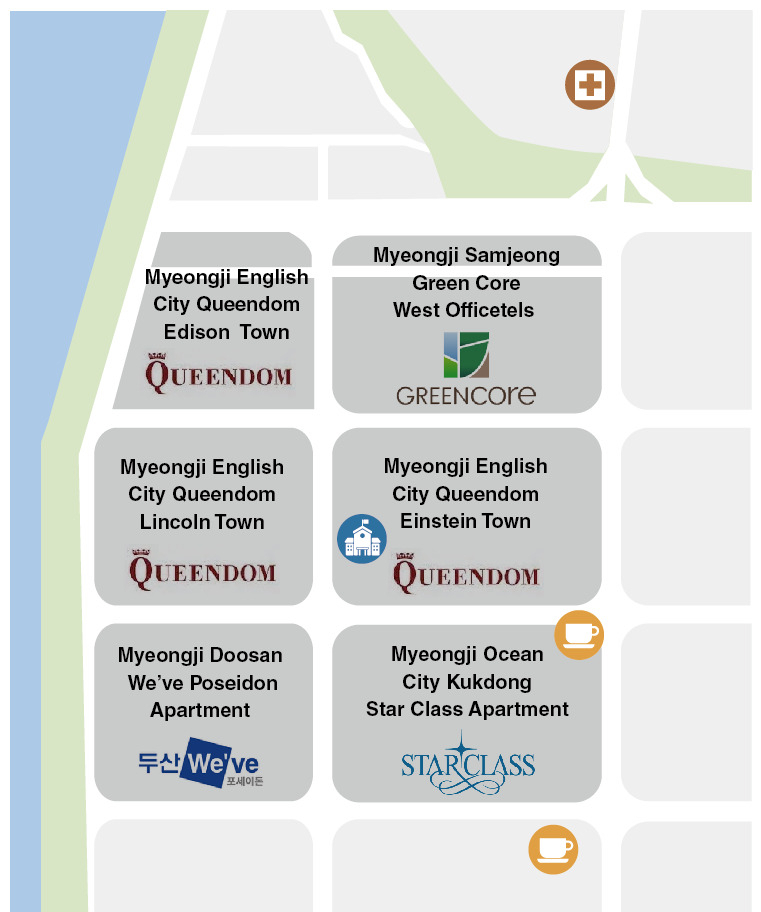
Superfluous names
This seemingly recent practice of slapping foreign words on apartment complexes is not wholly a novel one.
In the 1970s, albeit not as extensively as today, there were apartments with words attached like “mansion,” “river view” or “jumbo.” Yet, due to the city government’s ban on using loanwords for naming apartment buildings in 1976, the trend shifted toward simple, more Korean-sounding names. This is exemplified by old apartment names like Hyundai Apartment, named after the construction firm, or simple floral names like Jangmi (rose) Apartment or Gaenari (forsythia) Apartment.
Yet, with the emergence of brand logos on apartments in the 2000s, construction firms began adorning their high-rise properties with luxurious images through borrowed words like Hill State, Prugio, Xi and Lotte Castle, reviving a forgotten fad.
According to Cho Joo-hyun, a professor from the Department of Real Estate Studies at Konkuk University, the branding of apartment complexes serves as part of marketing efforts to appeal to consumers and potential residents.
“Building high-caliber apartment brands and maintaining consistent brand values throughout the nation is a unique phenomenon observed in South Korea,” he said. "Besides apartment names, South Korea has also witnessed a rising number of foreign names attached to other forms of dwelling, such as ‘officetel’ units or ‘studio’ apartments.”
And as time has passed, apartment names have evolved to contain a variety of information and features in their names, in addition to their brands.
Take the apartment name of Raemian Mokdong Adeliche, built in 2021. Raemian is a brand name that Samsung C&T Corp. has been using for some time for its apartment homes, while Mokdong denotes its locality. The last part, Adeliche, is exclusively coined for this apartment, purportedly combining three words from European languages -- "adelio" from Spanish, "adel" from German and the English word "cherish" -- to project a sense of distinguished nobility.
Another example is the Seoul Forest River View Xi, the first three words of which highlight its location near Seoul Forest with a view of the Han River, while Xi is the builder GS E&C’s preexisting apartment brand.
Similarly, terms such as "central" and "park," or the French word "foret," meaning forest, are commonly included in the names of apartments that boast valuable geographical features.
Some names are compact, but connote more than they seem. The Ricenz Apartment, situated in Jamsil-dong, Songpa-gu, Seoul, takes its name from the initial letters of three words: "river," "central" and "zenith."
And now, the established industry standard for apartment names in the 2020s indicates a nine-character format.
According to research conducted by the local real estate market study firm RealCast, the average number of Korean syllables in an apartment name was 4.2 in the 1990s. By the 2000s, this number had risen to 6.1, and by 2023, it had reached 9.86.
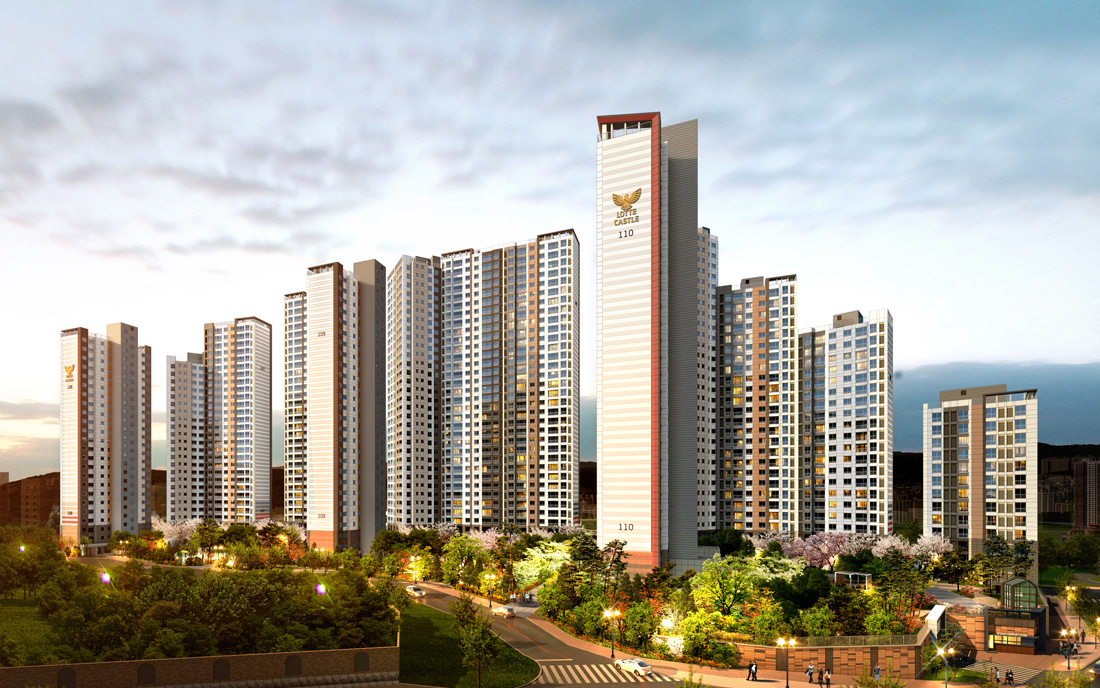
‘Symbol of wealth, prestige’
Some jokingly speculate that the complex names of apartment buildings serve a mischievous purpose: deterring mother-in-laws from easily finding the homes of their daughters-in-law.
Yet, the issue runs deeper than simply attempting to lead older ladies astray.
Han Min, a cultural psychologist, explained that employing exotic names can imbue buildings with connections to advanced cultures, reflecting a bias that often perceives Western cultures as superior.
"This perception can be traced back to the concept of social Darwinism, which suggests that perceived cultural differences among societies stem from varying levels of development and advancement," he explained.
Echoing a similar sentiment, Cho stated that branded apartments have become commoditized like other products, akin to domestic vehicle brands such as Hyundai's Genesis.
Hence, he added, in a nation where apartment complexes dominate residential settings, apartment complexes transcend mere residential spaces to serve as symbols of one's affluence.
Among some teens, currently, the terms “Trimage,” “Banpo Xi” and “Hannam the Hill” are used interchangeably with words like “posh” or “upscale.” The three originate from apartment complexes renowned for their exceptionally high value in Seoul’s affluent neighborhoods.
Not all Koreans, however, approve of the latest naming trend in apartment homes.
Kim Ji-yun, a resident in her 50s from Gyeonggi Province, said, "Seeing these Konglish-based names all over the nation is quite baffling," citing the challenges in pronunciation and interpreting their meanings.
This kind of language barrier can be higher for older individuals who are not proficient in foreign languages. Kim shared that her mother-in-law, in her 80s, has consistently struggled to pronounce or remember the relatively simple name of her apartment complex, Prujio.
"I always had to remind her of the apartment's name when she visited my home," Kim explained. "Yet, despite my repeated reminders, she often struggled to pronounce it correctly, questioning what kind of name it was."
Kim said she couldn't imagine the even greater difficulty it would pose for the elderly woman if the name were longer or more complex.
There's even a humorous anecdote online where an elderly woman mispronounced the name of Hoban Construction Co.'s former apartment complex, "RegencyVill," uttering a similar-sounding curse word in Korean to a taxi driver. What added to the humor was that the driver somehow guessed the intended destination and safely took her there.
Han said the prevalence of loanword-laden apartment names indicates that, despite the significant strides in promoting its culture globally, Korea still shows a preference for foreign cultures over its own.
In the realm of policymaking, the Seoul Metropolitan Government released a guidebook in February aimed at establishing clear linguistic standards for naming new or rebranded apartment complexes.
The guidelines include using Korean words, local place names or names of legal districts, limiting the name to less than 10 characters, conducting polls to make final decisions on the name and refraining from the use of arbitrarily used terms like "river view" and "central."
With these guidelines in place, officials from the city government expressed hopes for the widespread adoption of Korean words in naming apartments in the future.
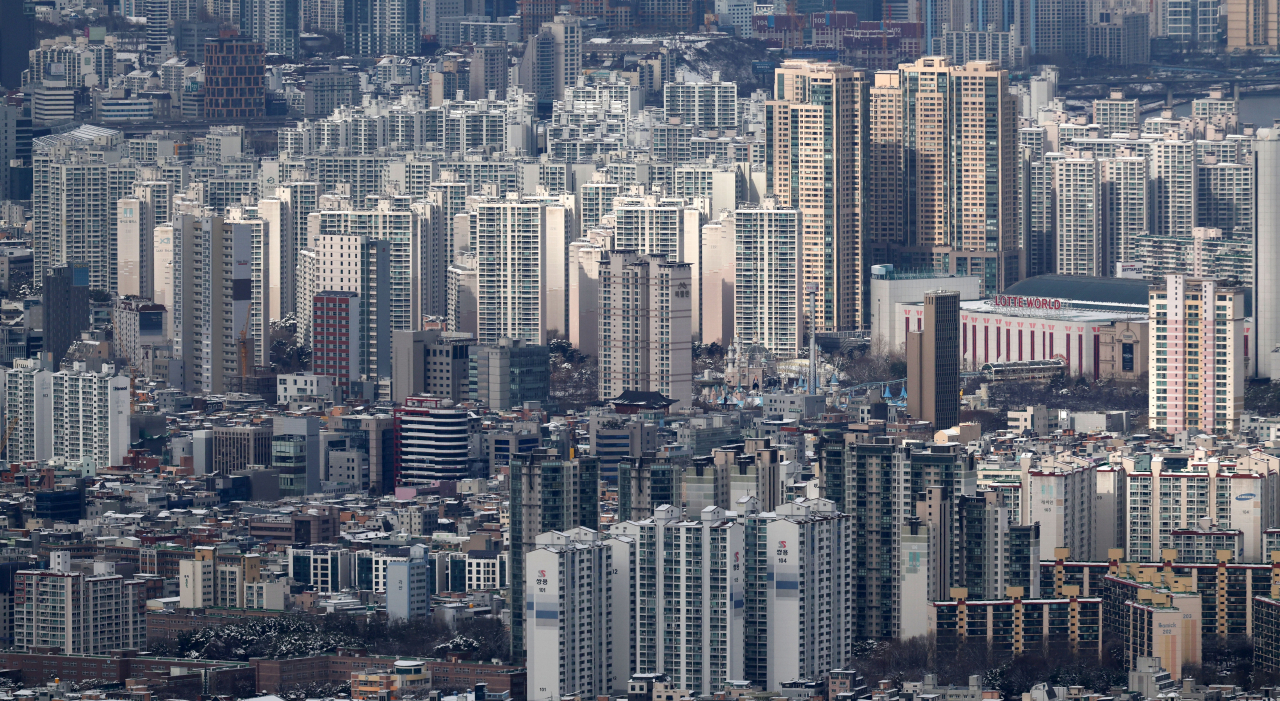


![[Grace Kao] American racism against Stray Kids](http://res.heraldm.com/phpwas/restmb_idxmake.php?idx=644&simg=/content/image/2024/05/13/20240513050827_0.jpg&u=)




![[KH Explains] Naver’s Line dilemma: Lose global footing for cash?](http://res.heraldm.com/phpwas/restmb_idxmake.php?idx=644&simg=/content/image/2024/05/14/20240514050624_0.jpg&u=)


![[Herald Interview] Carbon breakthrough in Korea: Making diamonds at atmospheric pressure](http://res.heraldm.com/phpwas/restmb_idxmake.php?idx=644&simg=/content/image/2024/05/14/20240514050559_0.jpg&u=20240514184059)
![[Graphic News] Only 34% of S. Korean elites favor nuclear arms](http://res.heraldm.com/phpwas/restmb_idxmake.php?idx=644&simg=/content/image/2024/05/13/20240513050852_0.gif&u=)

